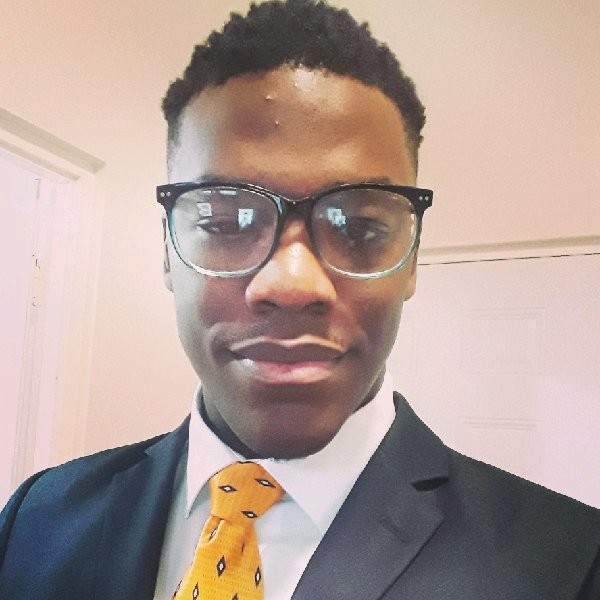By Andwele Boyce
Barbados Council for the Disabled
On this International Day of Persons with Disabilities (IDPD), we must admit that the work of improving the lives of persons with disabilities is far from over. The new Republic of Barbados must adhere to its New Barbados Charter and pick up the pace in correcting the injustices endured by this largest vulnerable population in the world.
We must further admit that since the beginning of a local disability movement, the advocacy of, for, and by the community of persons with disabilities has been dominated by and privileged the issues of, the segment of the community living with disabilities that are easily visible by the naked eye.
Unfortunately, this reality has only served to marginalise those living with invisible disabilities, a reality that if we are to achieve full equality, this must change and fast.
Invisible disability or hidden disability is an umbrella term that captures a whole spectrum of hidden disabilities or challenges that are primarily neurological. Invisible disabilities are defined as disabilities that are not immediately apparent. Examples of invisible disabilities include learning challenges, mental health disabilities, autism, myasthenia gravis (at different stages) and epilepsy.
The last National Census indicated that there were 11,546 Barbadians diagnosed with disabilities covering a range of well know impairments. Global estimates suggest that the number of persons living with disabilities would increase significantly if it reflected those living with invisible disabilities. Barbados is included.
Living with any kind of disability in a country like Barbados, where multiple barriers to full inclusion remain, can come with a myriad of challenges, a lack of social and legislative recognition, which necessitate the call for accommodations and adaptation when those accommodations remain absent.
However, persons living with invisible disabilities live with the additional burden of convincing individuals of their disabled status and the need for recognition and accommodations.
They walk through an island where they may be considered with some suspicion. When they share their disability, they are often told, “Nuttin ain’t look like it wrong with you” or “you look very normal to me”. Both those statements confess that Barbados has a very limited view of disability as a society.
A view that is only recognised, considered, and accommodated if it is visible to the naked eye. This limited perception of disability is not without negative effects. The work of convincing people of disabled status affects children in the classroom, workers in the office, and shoppers in the market at a deeply personal level.
Notably, persons with invisible disabilities may find it difficult to ‘find community’ in the community of persons with disabilities because there may be a perception that some suffer more than others which then isolates them even further.
Moreover, the stigma and discrimination faced by those with visible disabilities often serve to discourage those with challenges not immediately known or visible to stay silent about their challenges. As a result, part of the work which must be done to improve the lives of all people with disabilities is to shift the culture to a place where the additional burden which faces persons with invisible disabilities is no more. That work must be defined by robust public education and the development of a comprehensive legislative and policy framework.
Public education must include efforts aimed at engaging all members of our society, teachers, members of the private sector, civil society, and government and impressing upon them that invisible disabilities exist and those persons living with such deserve to be believed, recognised, and accommodated.
The legislative and policy framework must recognise the realities of persons with invisible disabilities and respond with measures to decrease the additional burden.
Part of that framework must include assessments across the health care and educational system so that these disabilities may be detected and that those living with them do not have to suffer in silence. It must also include discrimination protections that are aimed at ensuring that persons are treated equally as is stipulated in the new Barbados Charter.
We mark International Day of Persons with Disabilities mere days after the island celebrated its 55th anniversary of independence and made the transition to become a parliamentary republic. In this new phase of national development, we must shed ourselves of the notions that hold us back and truly recognise that all disability injustices are connected.
This article appears in the December 3 edition of the International Day of Persons with Disabilities feature. Read the full insert here.




